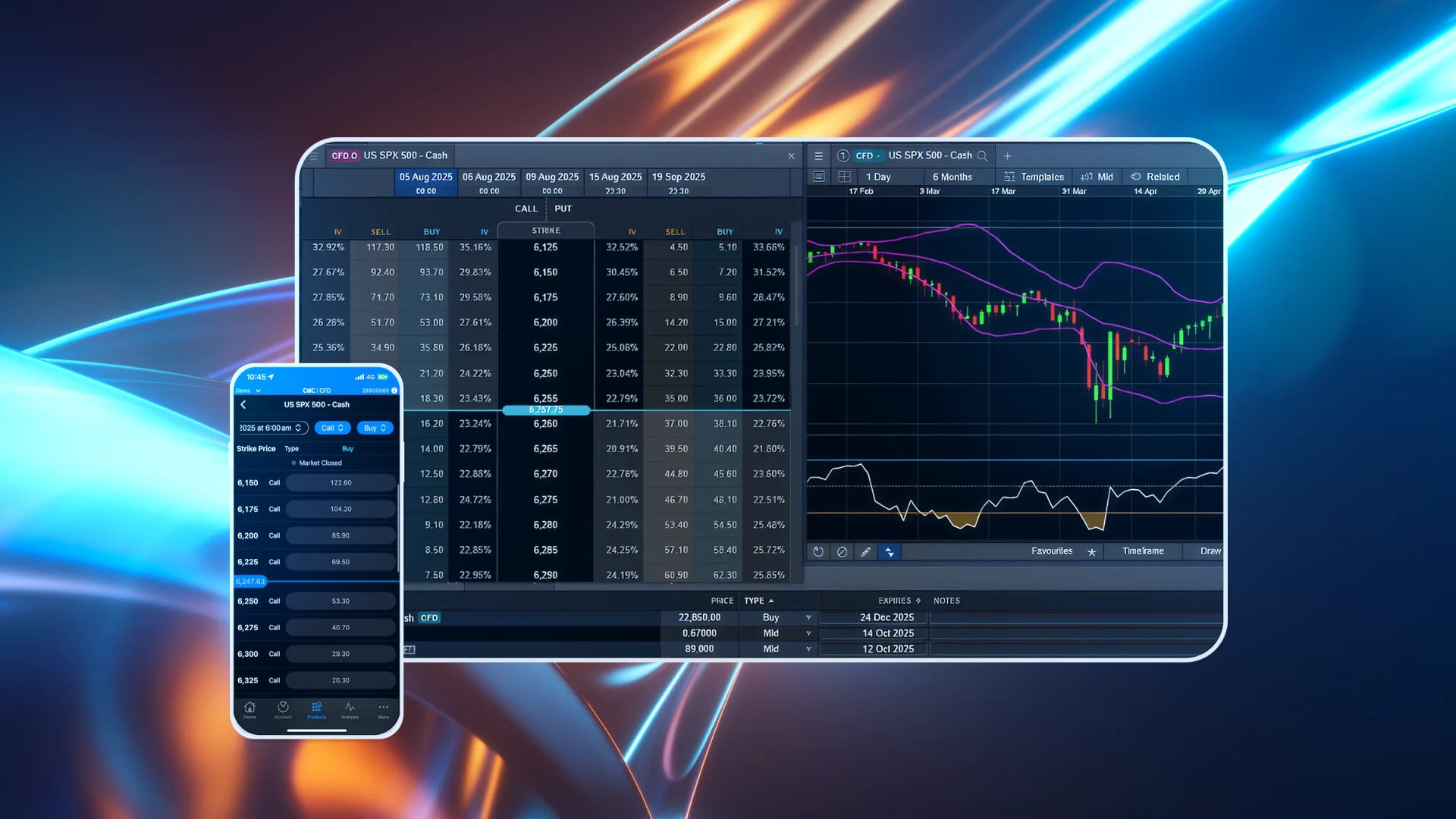New Zealand Finance Minister Faces Less Growth, Faster Inflation
(Bloomberg) — New Zealand Finance Minister Grant Robertson is bracing for slower-than-expected economic growth and faster inflation as he prepares his annual budget.
Most Read from Bloomberg
The country’s surging omicron outbreak will have an impact on the economy this year, although evidence from overseas is that demand bounces back quickly, Robertson said in an interview with Bloomberg late Thursday in Wellington.
“There’ll be a hit, but I don’t think it’ll be a massive hit,” he said. “Obviously the final forecasts are not in my hands yet in terms of the budget, but I expect the economy to remain pretty resilient albeit with that shock on it.”
The Reserve Bank last week forecast 2.9% growth in the year through March 2023, compared with the Treasury Department’s December projection of 4.7%. Daily cases of omicron have surged above 20,000 and officials expect the peak of the wave will hit New Zealand later this month.
Across the nation’s cities, supply chains are being disrupted and many businesses — particularly retail and hospitality — are being hurt as thousands of workers stay home.
Meanwhile, the cost of living is rising at the fastest pace in more than 30 years. Inflation is currently running at 5.9% and the Reserve Bank projects it will accelerate to 6.6% in the first quarter before gradually slowing. The RBNZ is required to target a 1-3% range.
“This is definitely going to have an impact on how wealthy people are feeling, the way in which they act as consumers, the caution they might have about purchases,” Robertson said, adding that Russia’s invasion of Ukraine will add to inflation pressures through higher energy prices.
However, “I can look through this to a time that we will see inflation return to the Reserve Bank’s band,” he said. “They’ve got their role to play in terms of the OCR and they’ve signaled their track.”
Interest Rates
The central bank has raised the official cash rate three times, taking it to 1%, and signaled ongoing tightening that will take the benchmark above 3% next year. Last week, former RBNZ deputy governor Grant Spencer said the bank had been too slow to react to inflation pressures.
“I don’t tend to comment on the decisions of the Monetary Policy Committee,” Robertson said. “There will no doubt be different views about that, but I just note that this is something that every country in the world is dealing with.”
“Every central bank, every governor in the world is facing this off the back of pent up demand from Covid, the supply chain constraints,” he said. “Every country has to deal with that off the back of the accommodative monetary policy and fiscal policy to get through Covid.”
The government this week relaxed restrictions on citizens returning home, and signaled that foreign visitors may be welcomed back sooner than previously indicated. That is being seen as a fillip to the tourism industry, which has been hammered since the borders closed two years ago.
“Certainly it’ll be a boost, very much a boost for the region and areas that are more tourism reliant,” Robertson said. “But I think we’ve got to be a little careful about whether we think it’s laying a golden egg for us. It will take time for international tourism to rebuild.”
Robertson will deliver the budget on May 19.
Most Read from Bloomberg Businessweek
©2022 Bloomberg L.P.





